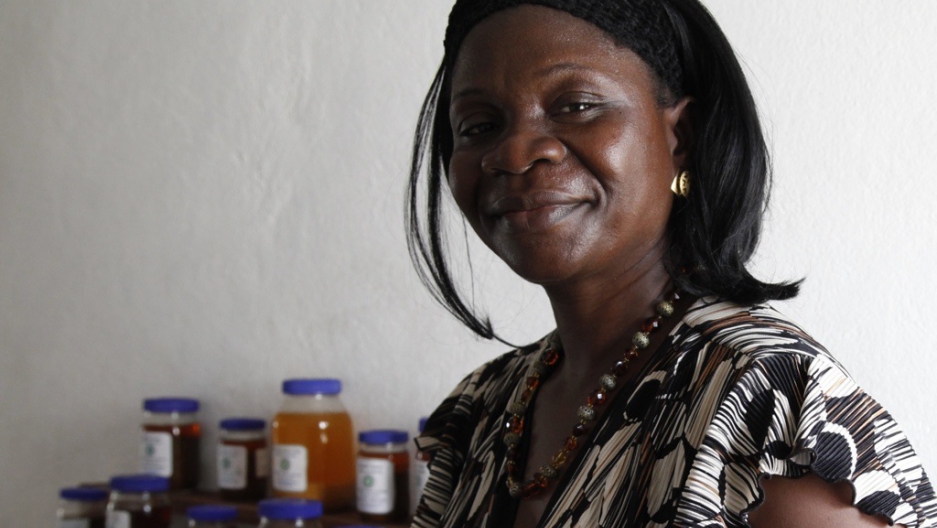Women who live in the rural areas of Liberia are more likely than their male counterparts to suffer from extreme poverty and domestic violence. These women are unable to achieve their full potential due to the social and economic inequalities they face on a daily basis. Because of this and a lack of smart, targeted resources, women have no other choice but to live in poverty. Structural poverty affects women in Liberia. This poverty stems from the economic, social, and political background of the oldest independent country in Africa. In 2020, Liberia ranked 175th out of 189 countries on the Gender Inequality Index. Despite these challenges, many women are turning into entrepreneurs in Liberia through the help of the Bangladesh Rural Advancement Committee (BRAC).
The Situation
In rural areas of Liberia, women make up 65% of the population and stand as the backbones of the community. Despite continuous contributions to their families and the economy, women’s hard work rarely benefits them. Their work continuously goes unnoticed and bears no reward in the areas they live in. Agriculture and forestry are the foundations of Liberia’s economy. Women make up more than half of the agricultural workers. With no time for education, they end up vulnerable to the possibility of poverty. Household chores, caretaking and tasks such as fetching water, fuel and fodder take up the time of women.
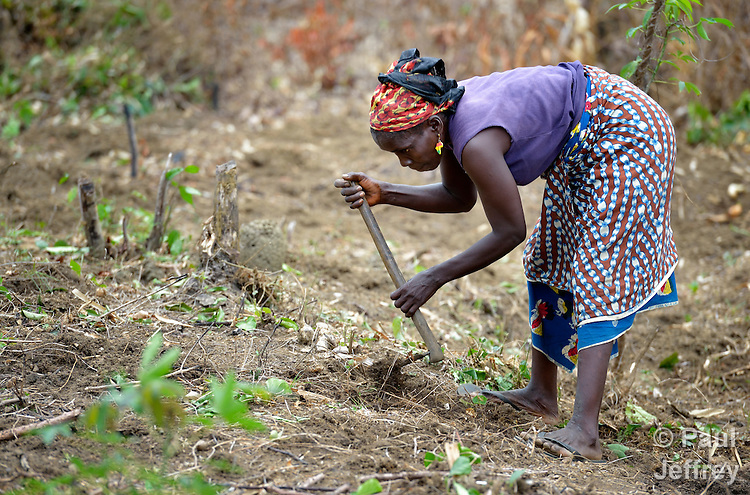
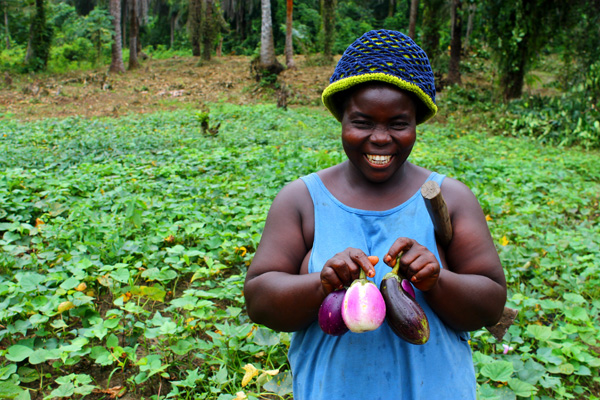
How organization Helps Women Become Entrepreneurs in Liberia
With a mission to help, Sir Fazle Hasan Abed founded a nonprofit organization, the Bangladesh Rural Advancement Committee (BRAC), in 1972 to empower people in poverty. Its mission is to empower people and communities in situations of poverty, illiteracy, disease and social injustice. This humanitarian movement has had an impact on Liberian women. About 750 women in Liberia received training to help them overcome poverty as part of BRAC’s Ultra-Poor Graduation Program.
With a focus on women, the approach successfully aided 750 Liberian women in becoming microentrepreneurs. The graduation approach of the program provides “consumption support” at the beginning of the program until students can afford food, a safe place to store their savings, training according to their aspirations, and asset transfer. Lastly, the students go through technical and life skills training.
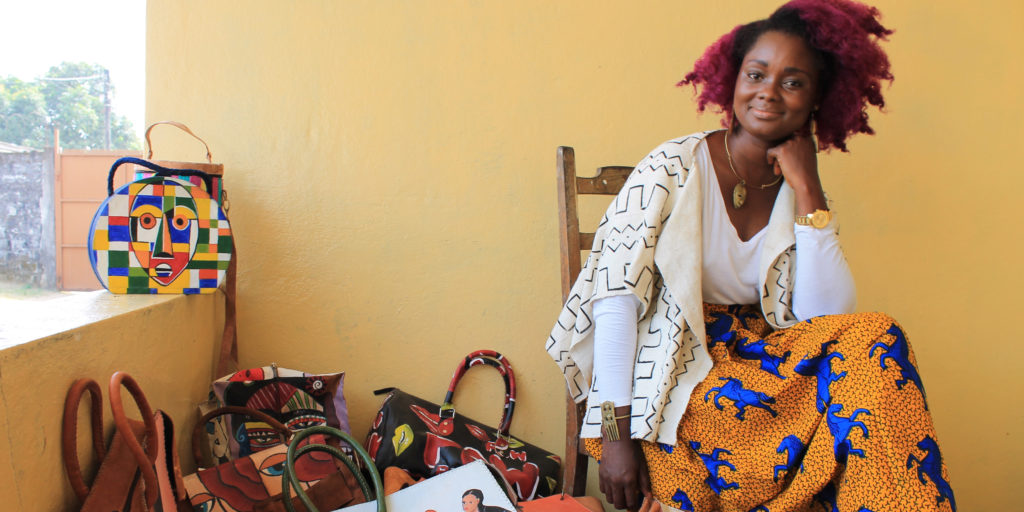
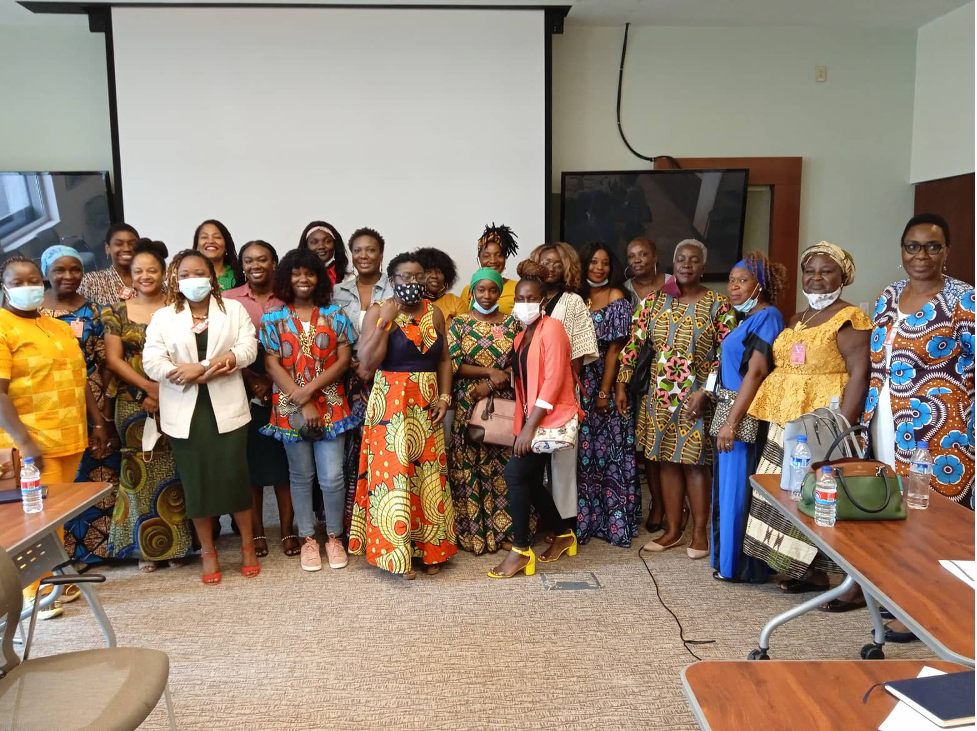
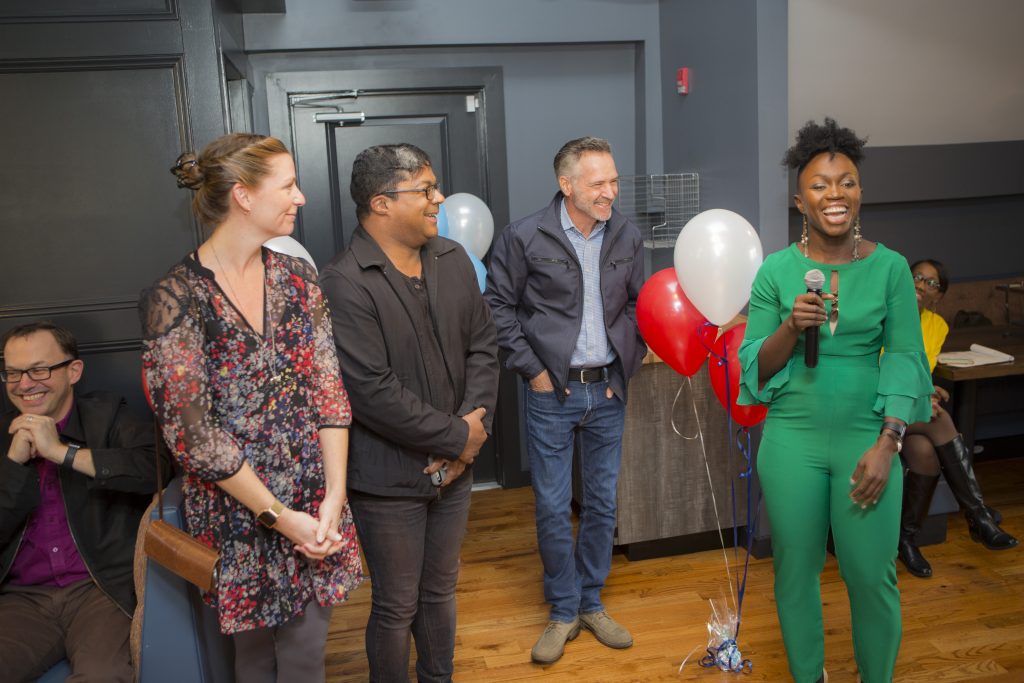
The purpose of international organizations assisting women programs in Liberia is to reduce the extreme poverty most women face on a daily basis in Liberia — these initiatives serve as stepping stones not just for women but also for the betterment of Liberia. One such organization is BRAC. BRAC’s programs span 12 Liberian counties and serve several other countries around the world.
Improvement is Possible
As of 2021, 90% of the Liberian households participating in the BRAC program have multiple sources of income, savings have increased by $9.14, average loan size jumped from $17.10 to $57.14 and the average nutritious meal consumed has grown as well. The improvements are all results of the power of women and the well-deserved push the program gave them. The once poverty-stricken women that lived on less than $1 a day are now entrepreneurs in Liberia with their own businesses. Other women run farms and breed livestock for a living. All it took was a helping hand.
BRAC programs alone have ensured that 23.9% of participants have access to adequate amounts of food and increased monthly income by 36.8% after two years. Aside from improving food security, BRAC also provides employment opportunities. Out of 494 BRAC staff members, 94% of them are Liberians and 30% of the management team are women. Organizations like BRAC are useful in providing education, jobs, empowerment, and livelihoods to the community. Although BRAC Liberia only began in 2008, it is continuing its mission to reduce poverty in Liberia.

